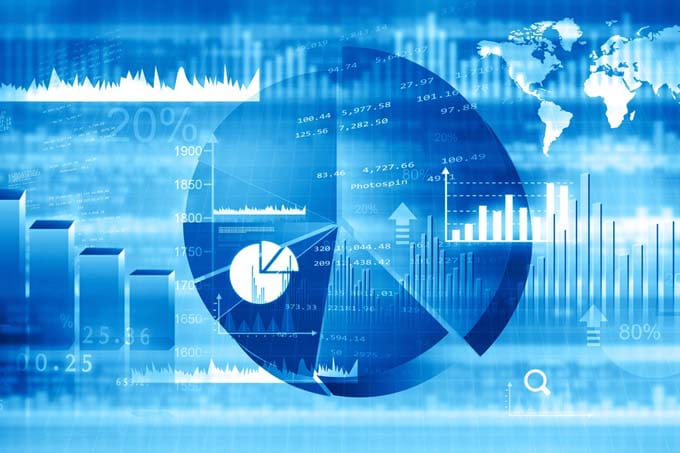Technology Vision 2018: How smart companies emerge?
The Accenture Technology Vision examines emerging technologies that will have a significant impact in all industries over the next three years and are actionable today. Below are five technology trends that are transforming society and laying the foundation for future business growth.

The Technology Vision 2018 Report examines how companies have used or will use technology to secure a firm place in the market. Finally, companies need to build new forms of relationships - it's not just about business, it's about the personal, says the report by Paul Daugherty, Chief Technology & Innovation Officer, and Marc Carrel-Billiard, Senior Managing Director, both at Accenture.
Technology is now firmly embedded in everyday activities - improving the way people live, work and perceive the world. Taken together, these improvements are creating significant change: it is a transition that goes beyond the digital; it marks an era in which technology is integrated into every interaction.
The Technology Vision 2018
This year's Technology Vision highlights the rapid technological advances that are reshaping not only our everyday lives, but society as a whole, and making companies in all industries think in new dimensions of possibility.
Trend 1
Further development of artificial intelligence (AI) for business and society
To benefit from the potential of artificial intelligence, companies need to be aware of the implications. This means changing the way companies view AI - from systems that are programmed to systems that learn. For guidance, companies can look at milestones in human development. Developing AI means facing the same challenges of human training and development. This includes explaining decisions and actions to taking responsibility for them.
Leaders will take on this challenge in a way that takes into account the new roles and implications of AI in society.
Trend 2
Augmented reality - The end of distances
Immersive experiences are changing the way people connect, exchange information and share experiences. Technologies like virtual reality (VR) and augmented reality (AR) expand reality and transport people into other dimensions of space and time - distances no longer exist. Technologies have evolved throughout history to minimize distances. From the wheel to the internet, technology is closing the gap. When augmented reality - becomes part of our everyday lives, the last distance gap will be closed.
When immersive experiences are ubiquitous, they will also eliminate the most important distance of all: Where are companies operating today and where do they want to operate in the future?!
Trend 3
Data correctness - The importance of trust
Data is the lifeblood of smart businesses. But incorrect and manipulated data threatens the insights companies rely on to plan, operate and grow. Unverified data represents a new form of vulnerability that every business must address. Autonomous, data-driven decision making is on the rise across all industries - making the potential damage from "bad" data an existential threat at the enterprise level. The skills and tools needed to ensure data accuracy are within reach. By leveraging the existing capabilities of data science and cybersecurity, companies can develop their new method of "data intelligence".
Solid data correctness enables a company to trust its insights and applications and to be on guard against new potential threats. This is the current challenge for every company: to ensure the correctness of the data that forms an essential foundation of the business.
Trend 4
Boundless business - Partnerships on a grand scale
Technology-based partnerships have empowered businesses to expand faster and into more ecosystems than ever before. But legacy business systems are not built to support this form of agile, rapid expansion. Outdated systems are becoming significant barriers to the relationships businesses need to grow in order to innovate, compete and succeed. Tomorrow's leading companies will be those that seek out and enable partnerships on a large scale today. To spur ecosystem-based growth, companies must start with organic change.
Microservice-based architectures provide the foundation for partnerships, and blockchain and smart contracts ensure that the speed of partners' work keeps pace with the digital enterprise. The ultimate goal: to fuel the entire economy with entrepreneurship.
Trend 5
The Internet of Thought- Creating intelligent environments
Robotics, immersive reality, artificial intelligence, and connected devices are bringing a new level of technical sophistication to the material world. But existing technical infrastructures cannot bring these systems to full maturity: You don't develop tomorrow's innovative technologies with yesterday's architectures. To enable intelligence for the next generation of technology, companies need to adapt their infrastructure. Embedding a business in the digital world requires an architectural shift. It means a new balance of cloud and modern computing and a renewed focus on hardware.
Only then will companies fully embrace the new innovative technologies, benefit from them and promote intelligent action.









